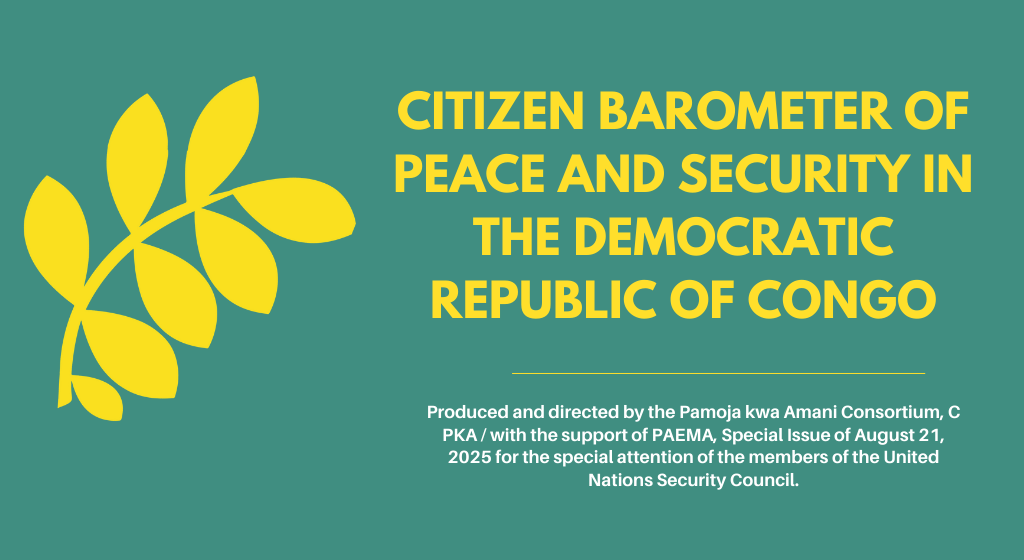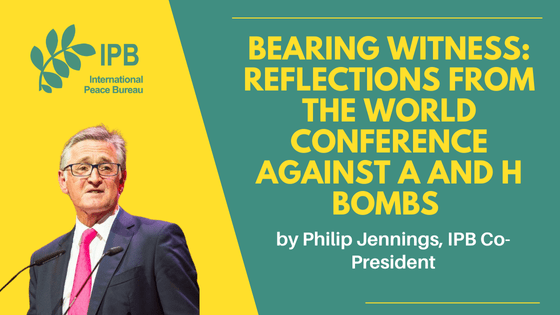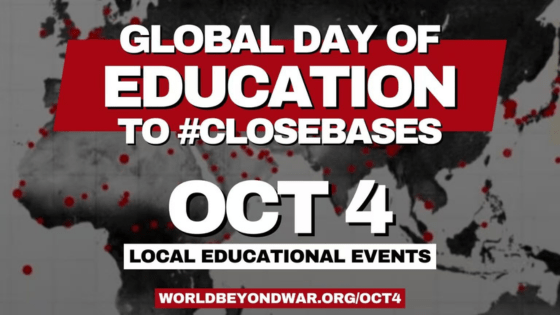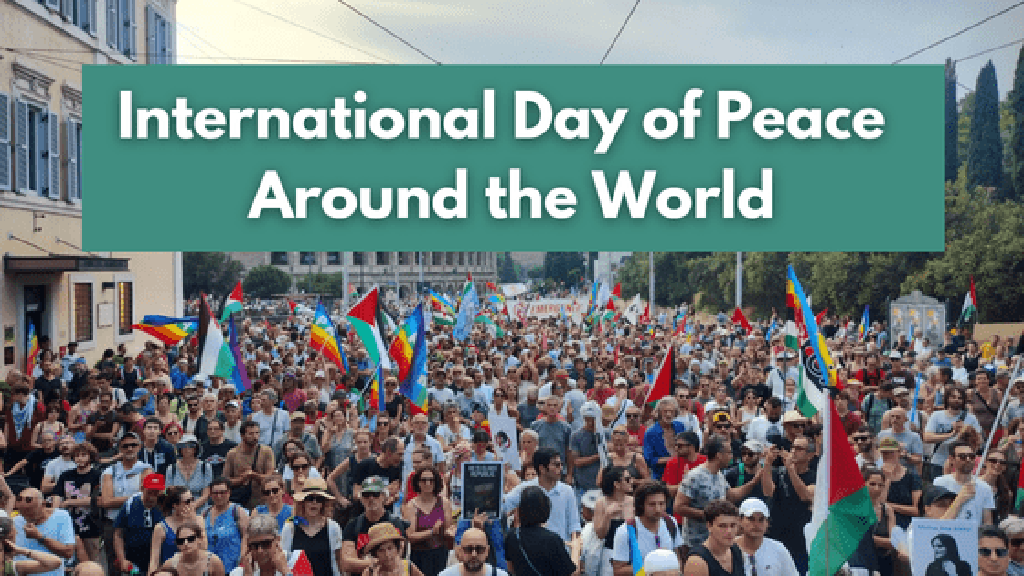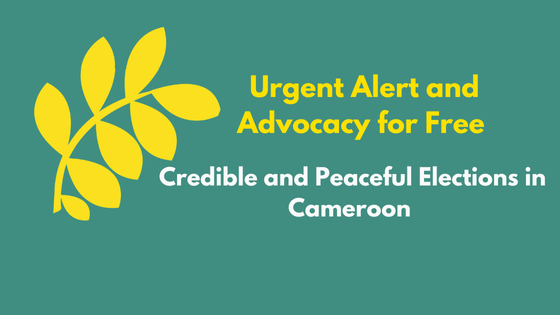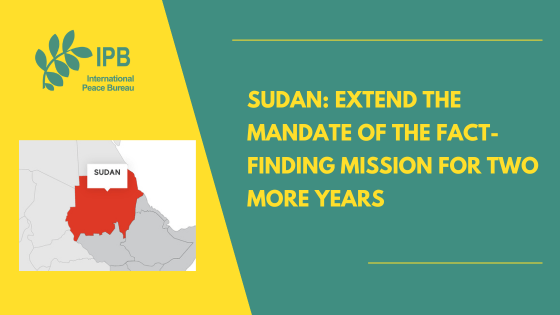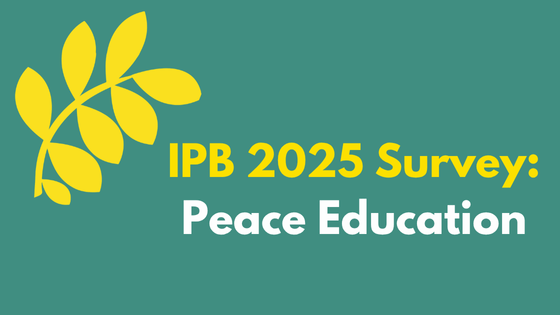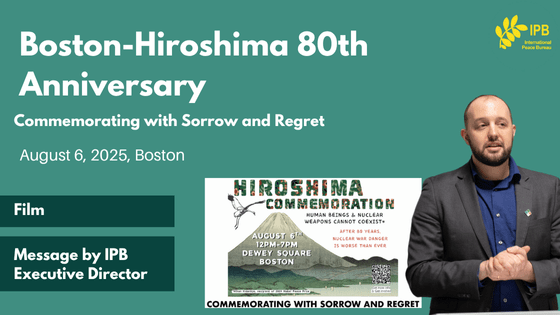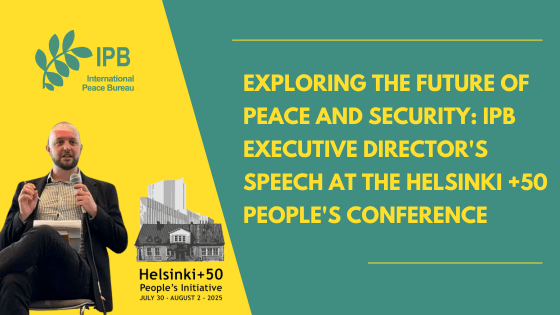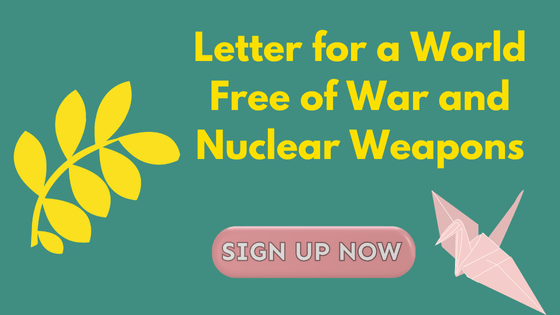6 August 2025, Boston – To mark the 80th anniversary of the Hiroshima atomic bombing, the Boston-Hiroshima 80th Anniversary Commemoration Coalition produced a 70-minute video, shown repeatedly during today’s event. The film is divided into three parts, exploring:
- The significance of August 6, 1945
- The legacy of the Hibakusha — survivors of Hiroshima and Nagasaki
- A call for nuclear disarmament
The coalition also organized a gathering at Dewey Square, across from South Station in downtown Boston. On this occasion, IPB Executive Director Sean Conner delivered a message to the people of Boston and fellow citizens across the United States. You can read his full speech below.
IPB Executive Director’s Speech at Boston-Hiroshima 80th Anniversary
Many US Americans my age and younger may not be aware of the true dangers of nuclear war in the modern era. There is a common misperception that the risk of nuclear war drastically decreased after the end of the Cold War when in fact the current situation is as dangerous, if not more.
Nearly all nuclear-armed states are undergoing intensive nuclear modernization programs and the total number of nuclear warheads is on the rise. According to the Stockholm International Peace Research institute, the total number of warheads in 2024 was estimated to be 12,241, with 2,100 in a state of high operational alert on ballistic missiles. Nuclear arms control is all but abandoned – the last remaining nuclear limitations agreement by the US and Russia, the New START Treaty, is set to expire in February 2026. Nuclear threats and talk of proliferation – including the deployment of Russian nuclear missiles in Belarus and the return of US nuclear missiles to the UK – are on the rise. New so-called ‘tactical’ nuclear weapons increase the risk of their usage.
Make no mistake – nuclear deterrence theory is based fundamentally on a lie. There have been several close calls over the decades – from the Cuban Missile Crisis to the 2018 false missile alert in Hawaii. On each of these occasions, it is only by pure luck that we have not seen catastrophe. Whether purposeful or accidental, any use of nuclear weapons will likely cause a chain of events in which more weapons will be used. Even if a mere fraction of nuclear weapons are used – including in a regional conflict – the consequences will be global.
Nuclear weapons are by nature indiscriminate – there is no distinction between military and civilian, or environment for that matter. And the consequences are long-term and widespread.
80 years after the Atomic Bombings of Hiroshima and Nagasaki, we would be wise to learn the lessons that the Hibakusha, the survivors, share. We must abolish nuclear weapons and strengthen peaceful conflict resolution mechanisms. The good news is that there is already a framework – the Treaty on the Prohibition of Nuclear Weapons. Join us in demanding that the US and all countries sign and ratify now!

